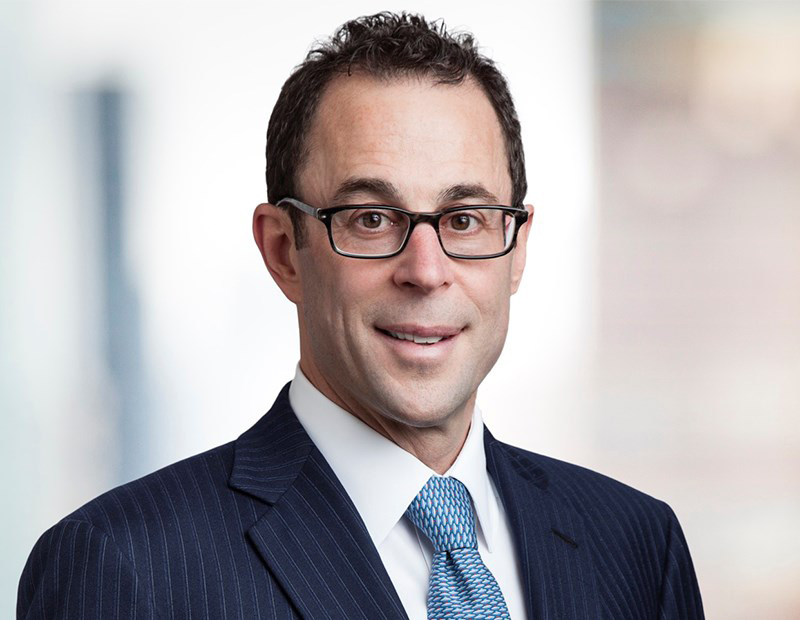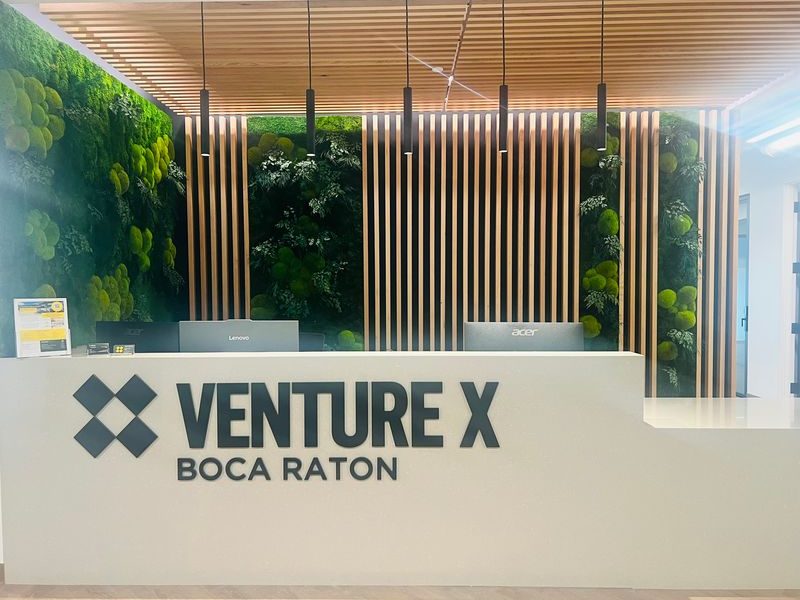Consider This Before Undertaking a Higher-Use Conversion
Rezoning is just one of the complex issues you will face if you are thinking about changing a property's use, says veteran attorney Stephen Toohill.

Stephen Toohill
With current market conditions still impacted by pandemic-related closures and restrictions, real estate investors are now, more than ever, looking at whether a current commercial property could be modified to a higher and better use, and they are eyeing potential value-added market acquisitions.
While there are a number of economic and market demand factors to consider in changing an existing property’s use or seeking to acquire a commercial property to potentially change, there are obviously legal issues and legal considerations involved in the evaluation of options.
The legalese
The obvious legal issue, the evaluation of zoning, can be relatively simple or more complex. Obviously, if the change in use of the property is a permitted use under current zoning, then zoning is typically a nonissue. If not a permitted use under zoning, where the proposed use would require either a special-use permit or a conditional-use permit, then there are additional processing times and costs, as well as potential neighbor/political protest, to evaluate.
Once you clear the zoning hurdle, however, you are not always home free with respect to the proposed change in use. A careful and thorough analysis of the property title report is important to determine whether there are any title restrictions, which could impact your development, including, but not limited to, covenants, conditions and restrictions or declarations that restrict use, require review and approval of property improvements or other related matters.
Additionally, outside of the standard zoning review, for a property that has been developed under a planned local government permit or in many other situations, there may also be restrictions to consider, including floor-area-ratio limitations, increased parking-ratio requirements, and perhaps traffic regulations of average daily trips, which could have significant impacts and cost considerations in any change-of-use situation.
Another issue facing developers, especially with many cities and governing agencies having employees work remotely, is accessibility to these individuals, as well as to the records on file with the city or other agencies. When a property is developed under a permit, such as a planned industrial development permit, often some of the requirements and records are not recorded, and, therefore, access to the agency files is necessary. One possibility for any owner/developer is to determine whether the city or governing agency has a project preliminary review or similar process—which often can be undertaken relatively quickly and at a minimal cost—to determine whether there are any major stumbling blocks with respect to a project.
Market considerations
Outside of the legally related issues above, there are significant market issues to consider, including an analysis of demand for the new use/product, as well as the availability of construction and/or permanent financing for the changed use, including evaluation of availability of lenders for a particular type of product.
Finally, there are, of course, construction-related issues, including building code requirements relating to the new proposed use and the feasibility and cost of making modifications to an existing building to comply with these requirements.
All across the United States, a myriad projects are taking this path, including, for example, a major shopping center in downtown San Diego, which is being converted to office use, targeting technology company tenants.
Other examples throughout the U.S. include conversions of smaller hotels to apartment use, or changing the focus of new office construction from general office use—such as for legal or real estate professionals—to life science use, due to the current surge in activity for life sciences tenants. This change in use can potentially create a new “higher-value” asset and/or an opportunity to acquire a value-added project, in light of the ever-changing current market conditions.
Stephen Toohill is a partner at Solomon Ward Seidenwurm & Smith LLP.







You must be logged in to post a comment.